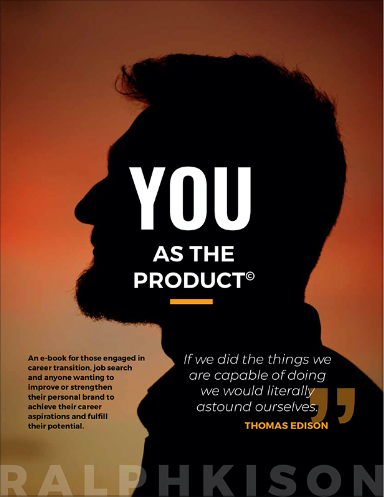A new reality for many Gen X’s and Boomers is the fact that you are now, or will soon be, working for someone that is younger than you. A number of factors are driving this.
Firstly – there are simply not enough people available to fill roles that are being vacated by retiring Boomers and by organizations that are expanding or new companies looking for talent. The skilled talent shortage is partly due to Boomers not developing their successors soon enough, and in some cases completely ignored the task of preparing them, which means people must be fast-tracked to fill roles. In many situations that equates to those who are, or will be advancing not having the requisite skills, knowledge or experience, to fill roles in a competent or confident manner.
Secondly – organizations are looking to position the brightest and most talented (young) people in supervisory and management roles to give them the first-hand experience of learning by doing, and by being exposed to new roles and opportunities that will advance their development. Companies realize that experience is one of the best teachers and by creating situations for growth, employees can accelerate staff development and engagement, which contributes to employee retention, and employees feeling more fulfilled personally. This also enables them to become a contributing member of the management or leadership group sooner.
In the midst of this challenging situation, some good news is emerging. Many senior employees who are facing retirement want to remain engaged in the workplace, albeit not on a full-time basis, and have a strong desire to share their knowledge and experience with the next generation of leaders. This can be a tremendous opportunity for everyone if handled properly.
Regardless on which end of the age spectrum you’re on, your job is to support and/or teach a supervisor or boss who is younger than you, or conversely learn from someone older who has valuable experience and perspective to offer.
Here are few suggestions to help you navigate this issue to a successful outcome.
Put Age Aside.
- Yes, it can be a challenge if the person you are working for is the same age as your son or daughter, but if you can look past that you will find they not only can learn much from you, but that you have a lifetime of experience and insight to share with them. (Some people do a better job coaching and teaching young employees if they view them more as grandchildren than their kids. Your kids may frustrate you while grandchildren generally bring you joy. Acting as a grandparent who is calm and gentler may get a better reaction than a disciplining parent.)
Check Your Ego.
- Ego is a powerful force for taking risks that advancing our careers and cause growth. Low self-esteem and self-image are barriers for growth that can suck the energy and drive right out of us. On the other hand, self-confidence balanced by humility and a desire to leverage our talents to help others is a powerful dynamic for bringing about change and improvement. An out of control ego that needs constant reinforcement becomes a barrier for communication and breaks or limits the necessary trust essential for coaching and supporting younger employees. Don’t let yours get in the way of a relationship.
Yours Is Not the Only Way.
- Yes, you may have tried the very thing a young employee or new manager is proposing – and it failed. It doesn’t mean it will fail this time though. Perhaps when you tried it 20 or 30 years ago it wouldn’t, or couldn’t work because of limitations in resources, the wrong technology or a bad plan. The same idea in today’s world may work and you may be able to add your perspective and insight based on your experience rather than throw cold water on it. Better yet, you may have a front row seat to a new approach that will provide you with a valuable learning experience and fresh perspective. I recall hearing the phrase “You’re never too old to learn” many times in my life. It may apply here.
Be a Partner.
- Avoid pigeonholing your boss’s demographic or age group and stay away from broad generalizations as this only further encourages judgment and categorization. Rather, show respect and empathy so your boss is not uncomfortable or intimidated by your experience. Acknowledge that both have valuable skills to contribute and leverage. Your experience gives you credibility, so use it to be helpful and to provide perspective and counsel. Make it your goal to work with your boss as a peer.
“What we call a generation gap is usually a result of interaction gap.”
Anonymous


Recent Comments